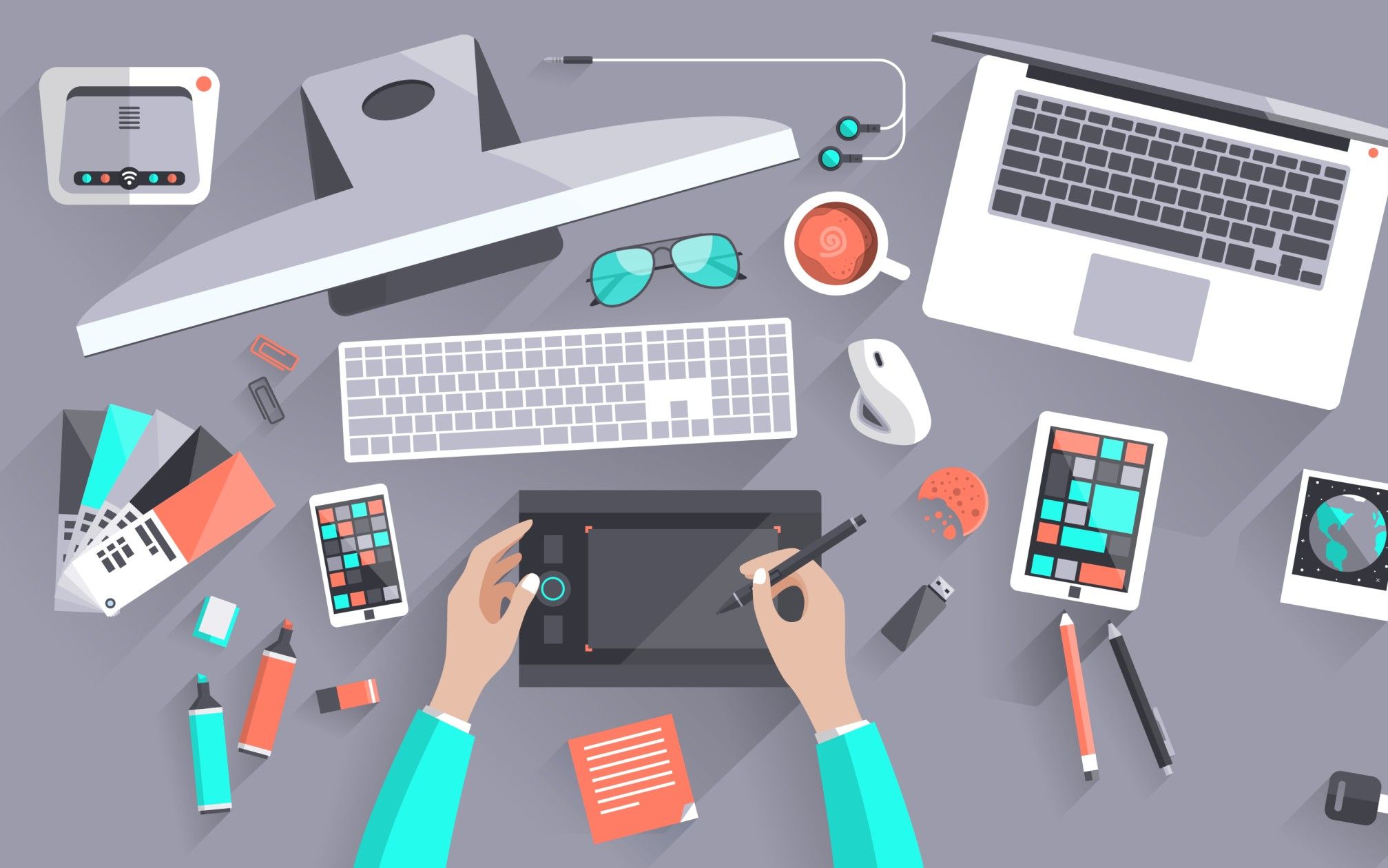PROGRAMS
Join thousands of people who organise
work and life with Novatr.
How to Become a Designer - 5 Steps to Follow
Mausam Jamwal
05 mins read
May 04

First things first! Who is a designer?

(Source: www.pinterest.com)
A designer provides creative solutions to problems with the help of detailed plans and drawings. Now, what are these problems? Well, it can be anything! Making a comfortable armchair for the elderly, a cozy kennel for a pup, someone’s dream house, a stylish logo for a brand - you name it! All these do not have definitive solutions. It is up to the designer to bring to the table the best possible output for the various needs of the living population.
This brings us to the next question.
Is design a good career?
If you ever thought that design is something only ‘artistic people’ take up, then you’ve been mistaken! With the digital boom, there are a number of design career paths one can explore - from furniture, building and interior design to graphic, user experience and communication design - the range is pretty extensive. Almost all major professions now require to work collaboratively with designers. This reflects in the increasing demand and payscales of design professionals.
Designers are also known for the freedom they leverage in their professions, with maximum allowance to be your own boss and get out of the corporate 9-5 (or 10-8, more accurately) lifestyle. If that’s the life you wish for yourself, read this short guide on how to become a designer. Let the initiation begin!
Step 1 | Assess Your Design Skills

(Source: www.dribble.com)
The design field is vast, ranging from Urban Design, UI/UX, Automotive Design, to even Visual Communication, and Graphic Design. What floats your boat? Where have you always felt your skills lie? What does your experience in your current field bring to each of these design careers? Take stock of your skillset and interests, and then select one or two closely related fields to target professionally.
Step 2 | Network With Design Professionals
Now that you know where your interest lies, it’s crucial to talk to designers in that field. A profession can often seem rosy from afar, but the reality of it can be quite grim. Ask them about their job prospects, design salaries, growth, and hours per week, among other relevant questions. Make sure that you are at least 90% convinced before embarking further on this design career path.
Step 3 | Upskill

(Source: www.chiefexecutive.net)
Regardless of how good you feel you are, in most cases, you’re not going to get a design job without proper credentials. The amount of upskilling you need to do depends on the technical knowledge the field requires. It may vary in time from Architecture, which needs a 4 to 5-year long degree, to a Parametric Modelling Consultancy, which would require concrete software skills. Assess the kind of time and money you need to invest, and if it’s doable, go for it! Get that degree, diploma, or an online certificate course!
Step 4 | Build an Impressive Portfolio
Design jobs aren’t going to magically land in your life, will they? Show your work to the world. Let them see and appreciate your skills, your learning curve, and your potential! A portfolio is the gateway to your design career and should represent your design philosophy, style, variety and finesse. When making your design portfolio, you need to put your best cards on the table!
Step 5 | Gather Experience

(Source: Oliver Kriel via artstation.com)
Internships, fellowships and volunteer work are your best friends here. This is the first true step of your design career, and it will give your resume the weight it needs to fly in the design world. If you want to hold on to your current job until you feel secure, you can even pursue freelance work or a part-time internship. Put yourself out there, the world needs to see what you can do!
Rest assured that if you have a passion for design and are willing to put your efforts in the right direction, a design career can be quite rewarding.
Wish to become a designer? Why not upskill with Novatr’s Parametric Modelling Certification Course and take your 3D modelling skills to the next level! For more career insights on architecture and design, head to our Resources.

Join 100,000 designers who read us every month


